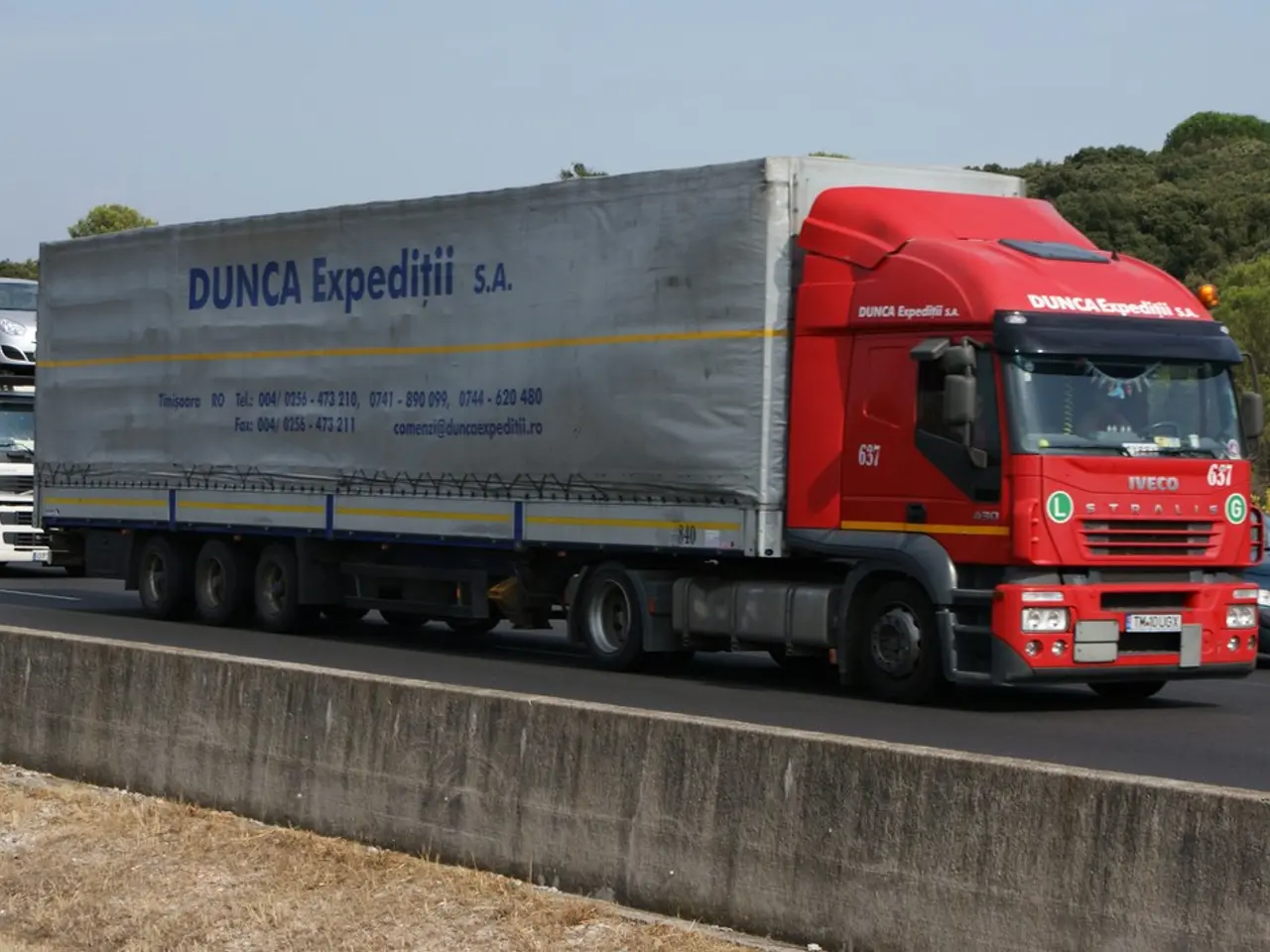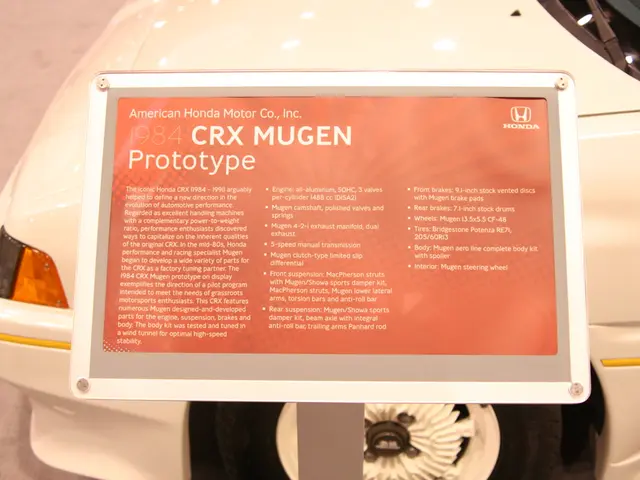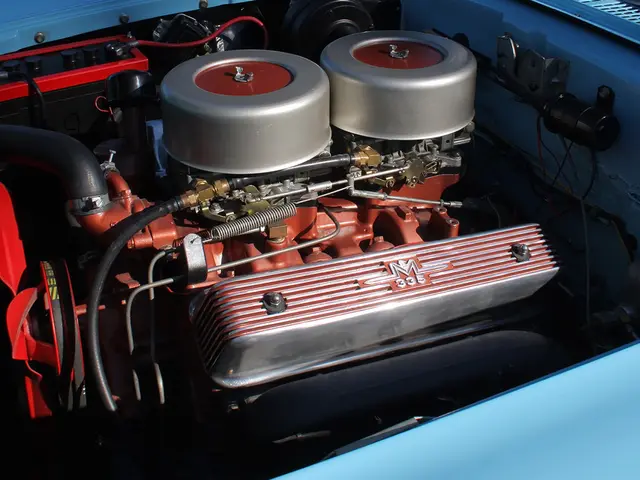Ford Executive Announces Electrical Vehicle Strategy as a Single Major Gamble
Ford Motor Company is set to revolutionize its electric vehicle (EV) production with the introduction of the Ford EV Universal Platform. This modular and scalable architecture is designed to produce a family of lower-cost EVs at scale, starting in 2027.
The new platform aims to reduce complexity and costs by cutting parts by 20%, fasteners by 25%, workstations by 40%, and speeding up assembly by 15% compared to typical vehicles. Key features of this platform include the use of lithium iron phosphate (LFP) cobalt- and nickel-free batteries, which are structurally integrated into the vehicle floor. This integration lowers the center of gravity for improved handling and cabin quietness while increasing interior space.
Ford is investing approximately $5 billion in this initiative, including a $2 billion transformation of the Louisville Assembly Plant to implement the new production system with union collaboration, preserving 2,200 jobs. This new manufacturing approach is claimed to be a "Model T moment" for American industry.
Regarding models, Ford plans to launch a new midsize electric pickup truck in 2027 based on this Universal EV Platform. The truck will be spacious, offering more passenger room than a Toyota RAV4, and feature utility enhancements like a lockable truck bed and front trunk (frunk). Performance is targeted aggressively, with a 0–60 mph time comparable to a Mustang EcoBoost, plus sporty handling influenced by a low center of gravity and chassis tuning.
Ford CEO Jim Farley hinted at the possibility of affordable electric vehicles under the Lincoln luxury brand, possibly combining electric drivetrains with extensive interior customization options. However, he expects Lincoln to continue offering a mix of traditional gas, hybrid, and extended-range EV (EREV) powertrains alongside some more affordable EVs.
The company has focused on SUVs and crossovers for electrification, which are more expensive than comparable internal combustion vehicles due to their size and performance. Disappointing sales and high losses have led the company to rethink its approach. The goal is to build a car that millions of Americans can afford.
Ford's electric vehicle division lost $5.1 billion last year and is expected to lose a similar amount in 2025. Despite these challenges, Farley admits, "It's a bet. I can't guarantee you with 100% certainty that everything will go well."
The new strategy also includes the use of a "assembly tree" instead of a traditional assembly line, and large aluminum castings replacing many small components, aiming to increase production speed and achieve "significant quality and cost savings."
Ford's new electric vehicles are expected to come to Europe as well. The company plans a "reinvention" in the coming years, with the ultimate goal of delivering affordable, high-quality EVs with superior driving dynamics and U.S.-based manufacturing.
Read also:
- Ford Discontinues Popular Top-Seller in Staggering Shift, Labeled as a "Model T Event"
- BYD introduces their in-house developed tablet, set to be unveiled in the upcoming Fang Cheng Bao Tai 7 event.
- Upcoming iPhone 17 Debut in India: Design Leaks, Battery Specs, and Estimated Cost Revealed
- Mastering Tin Sheet Metal Fabrication: Comprehensive Guide








